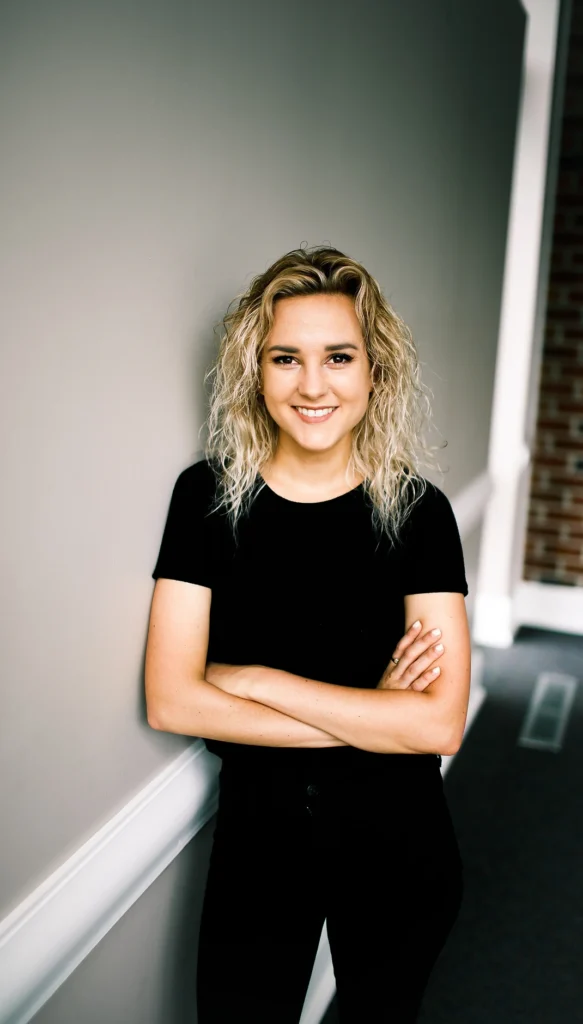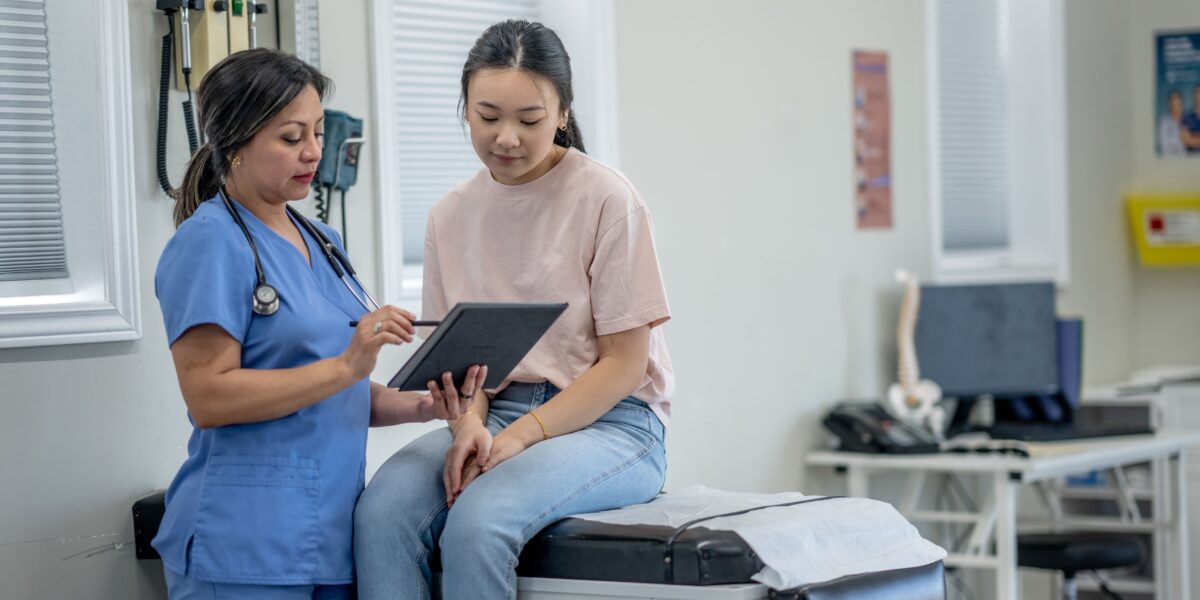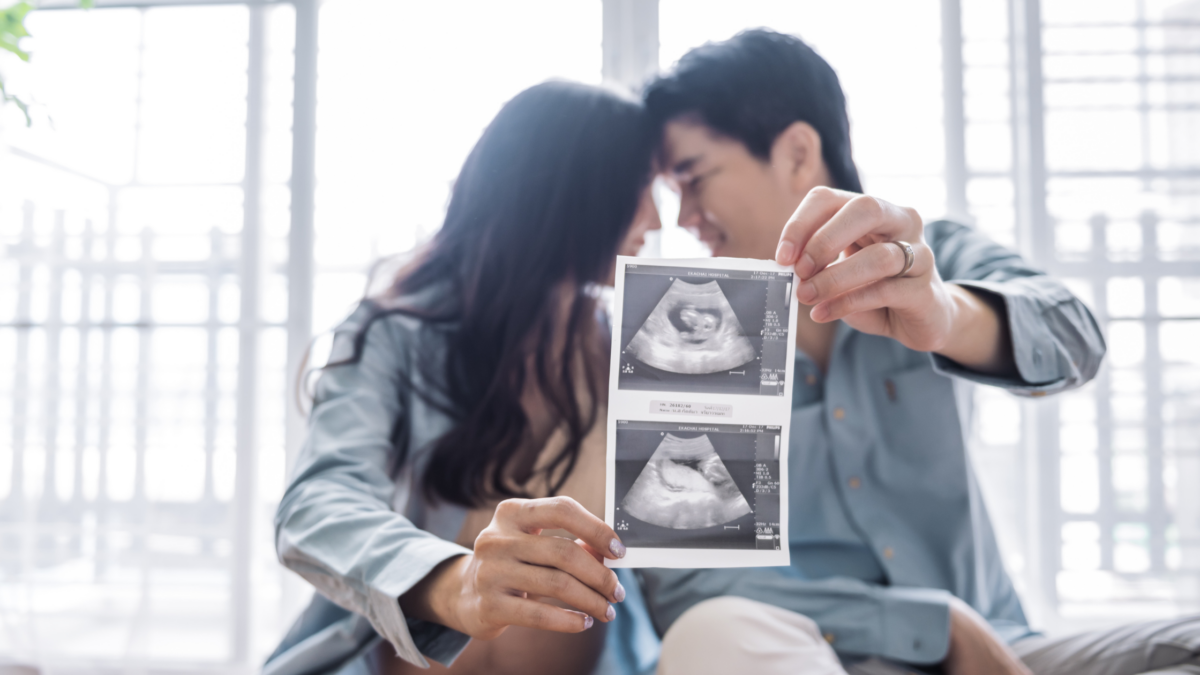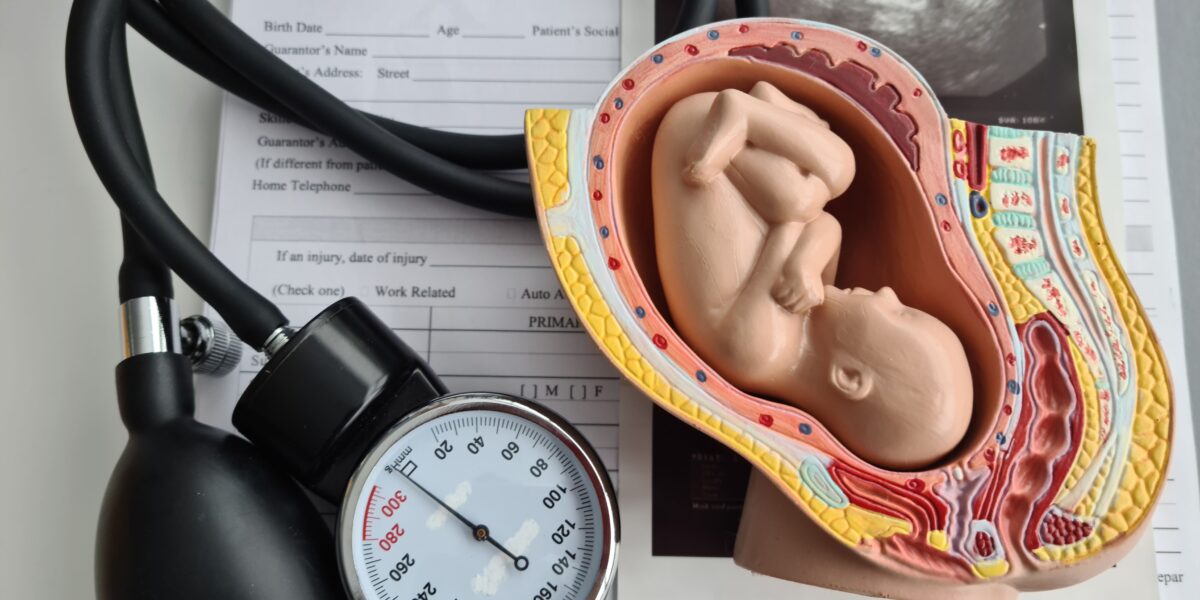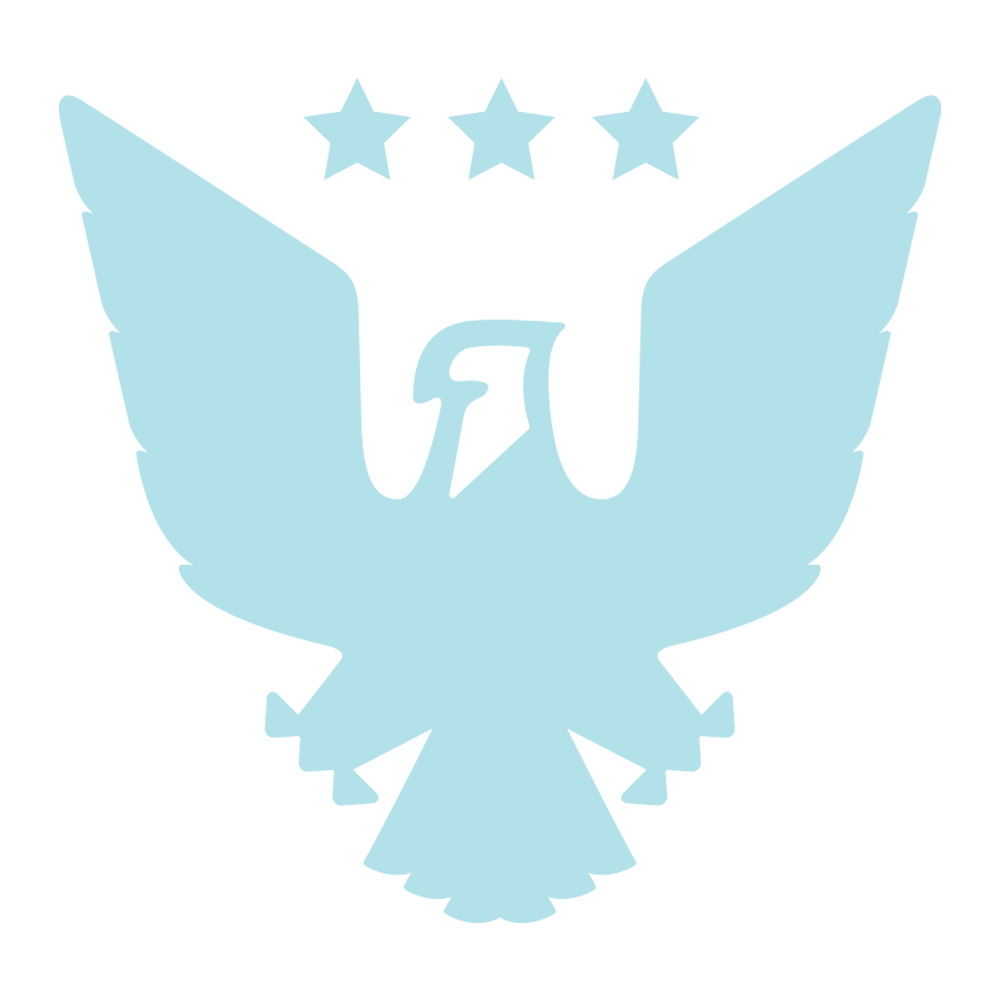By Charlotte Pence Bond
My pregnancy and postpartum journeys with both of my children opened my eyes to the lack of education I received about the perinatal time of my life as a woman. Women should be informed throughout their education about the science behind their bodies, hormones, and fertility. Women’s healthcare and the lack of information and education surrounding it are serious topics of concern.
The Education Gap in Women’s Health
Throughout my first pregnancy, I was surprised at how little I knew about the entire process: pregnancy, birth, and postpartum. I researched nutritional information as well as the process of labor. Even though I attended both public and private schools growing up and have completed graduate level education, I didn’t know there were different stages of labor before I was pregnant with my first child. I felt unprepared for the actual birth process, even though it seemed as if I should have been taught about it at some point.
The Cost of Pregnancy and Birth Education
I took an online course on childbirth because I was interested in having an unmedicated birth and knew that I did not have the resources and information that I needed to do that. I was surprised that I did not know about childbirth to be comfortable or confident going into my first experience with birth and postpartum.
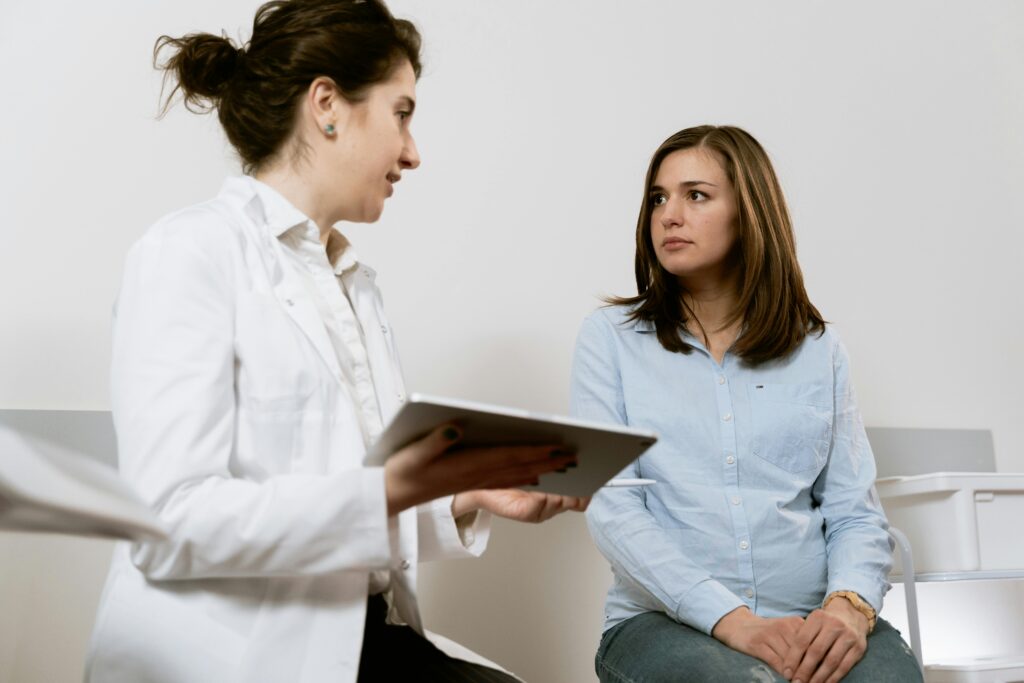
Many women turn to expensive courses to learn about their health or pay out of pocket to meet with experts. This shouldn’t be necessary. The information women receive in these courses should be standard information in health classes. Still, women are often in the dark before they hire personal nutritionists or take classes on pregnancy.
Postpartum: The Forgotten Fourth Trimester
Not only was I in the dark about pregnancy, but I also knew little about what I might go through when I was postpartum. Postpartum education and care are egregiously under-prioritized aspects of women’s health. Most of the information I received was through friends or social media. After I had my first child, I experienced postpartum anxiety. I also had friends who had experienced this, so I knew it might happen to me. It was helpful to have personal relationships and connections that gave me insight into the difficult postpartum time. But looking back, I know I was blessed because I had resources and relationships to help me.
Connecting With Mothers on Social Media
It seems almost comical, but social media has been a source of information for me without women’s health education. While this isn’t necessarily a perfect substitute, it’s better than having no information. Social media accounts give moms and women information about their health and their children’s well-being. Women turn to information online to understand more about their hormones and nutritional needs regarding fertility, pregnancy, and postpartum.
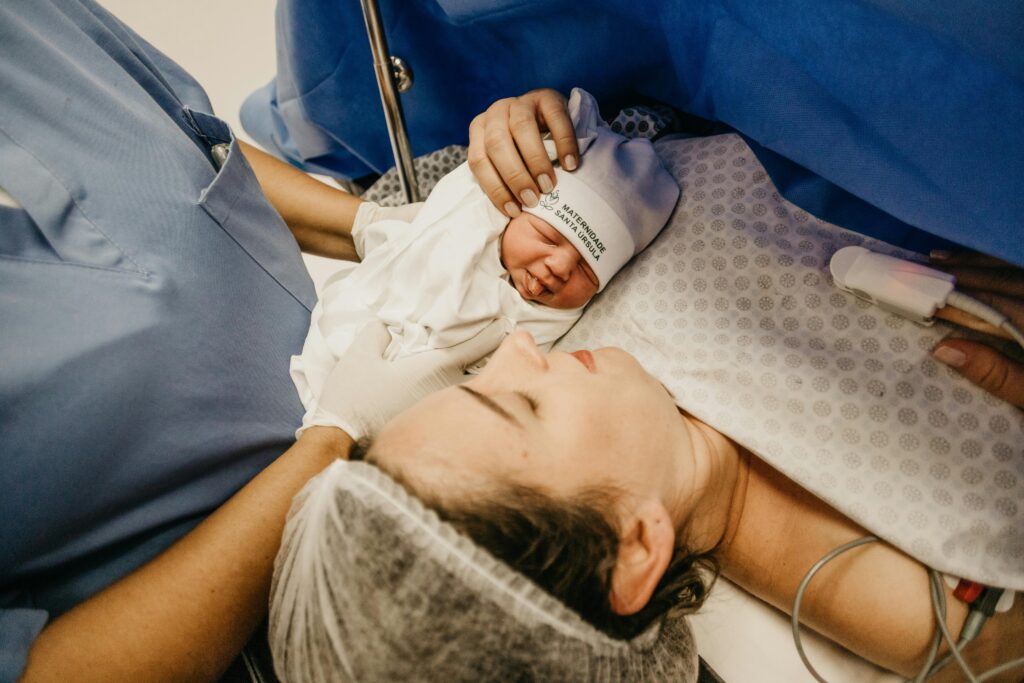
What No One Told Me About Post-Weaning Depression
I have always had an appreciation and respect for depression, but I’ve never personally experienced it like I did after I stopped breastfeeding my first child. While I was never diagnosed, I realized that I had post-weaning depression. The only reason I knew about women experiencing feelings of sadness after they stop breastfeeding was because of an account I follow on Instagram. I now make it a priority to tell other young moms about my experience so they know what signs to look for in themselves.
Fertility Shouldn’t Be a Mystery
Women have historically been an under-researched area of society, which appears to have translated into a general lack of education for young women about their bodies. When women are interested in starting their journey to have children, they are often met with new information about fertility. They must do their own research about the best practices to ensure they can have children. Fertility information should be standard care for young women so they know how their journey might go if or when they decide to have children.
It’s Time to Prioritize Women’s Health
Our society would do well to right its wrong of ignoring women’s health. We should promote more research and education before women struggle with their health journeys.
